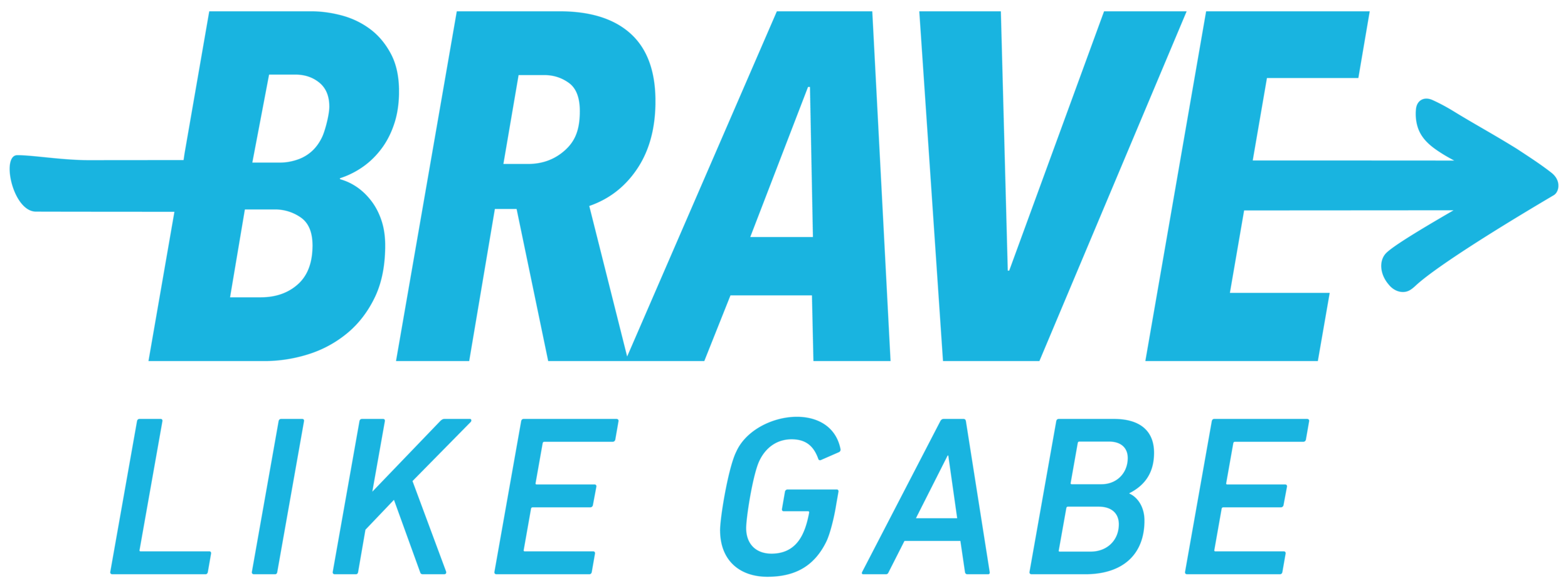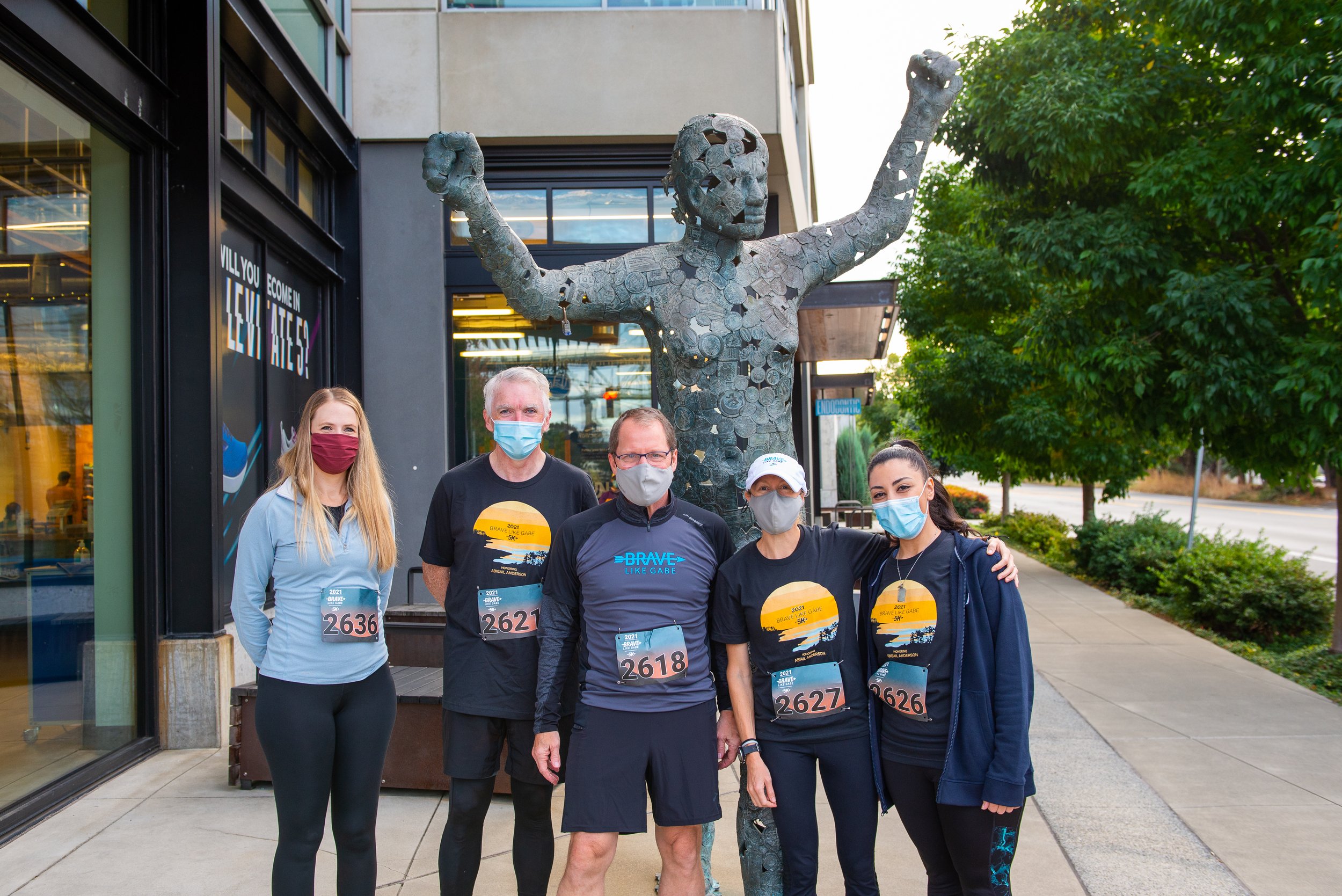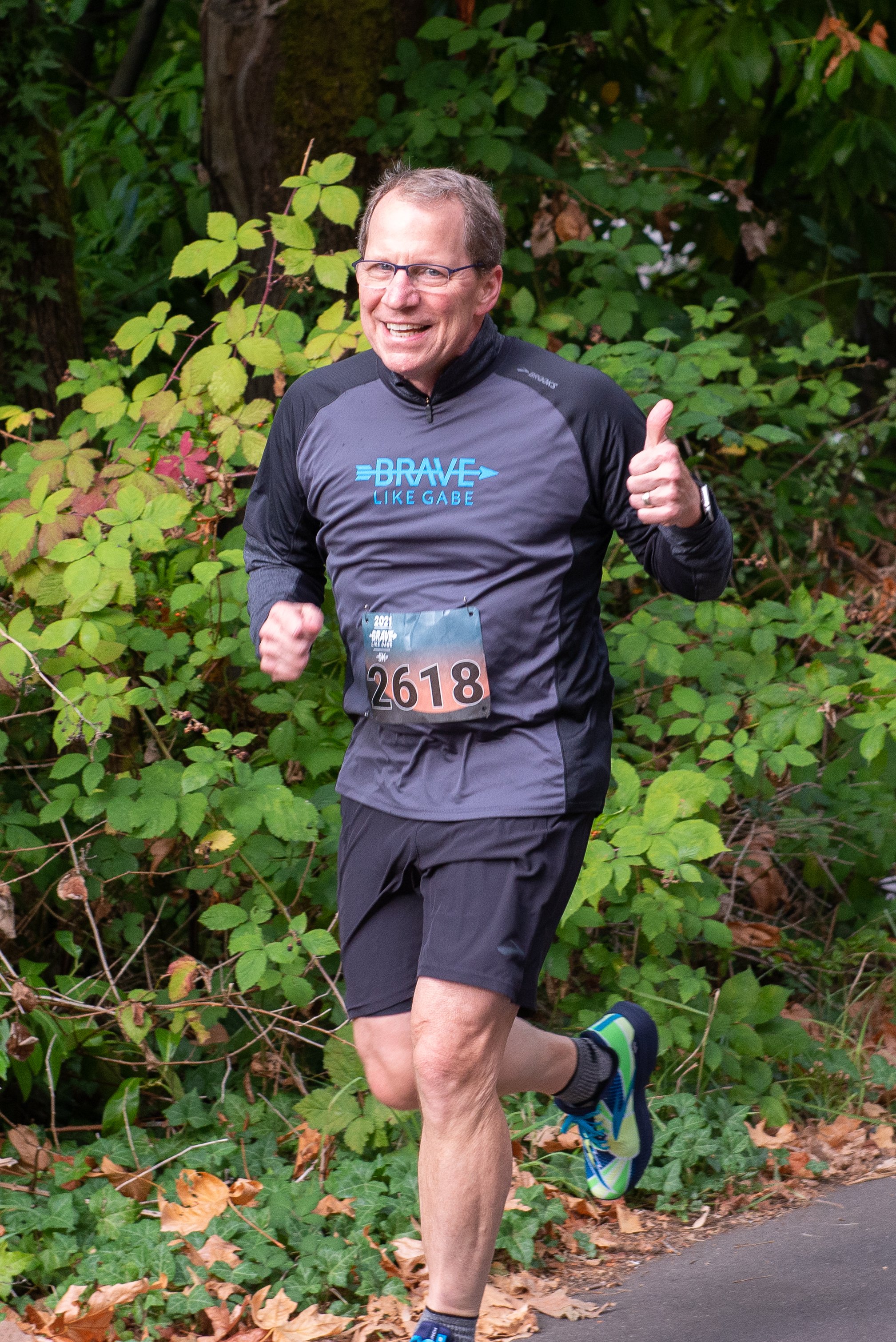Quick Facts:
Grantee Institution: Fred Hutchinson Cancer Research Center
2024 Researcher: Dr. Taran Gujral
Lab: TRACER is part of the Seattle Translational Tumor Research (STTR) initiative within the Office of Translational Research (OTR) led by Dr. Taran Gujral
Research Focus: TRACER, the Transformative Rare Cancer Initiative
Grant: In 2024, the Brave Like Gabe Foundation granted $25,000
2020: $100,000
2021: $125,000
2022: $125,000
2023: $150,000
TRACER: Transformative Rare Cancer Initiative
In 2024, the Brave Like Gabe Foundation is thrilled to support the Transformative Rare Cancer Initiative (TRACER) which is led by Fred Hutch faculty member Taran Gujral, PhD. Based on data derived from drug tests on patient tissue, this innovative technology uses machine-learning models to predict how a patient will respond to the complete range of FDA-approved drugs, including immunotherapies. In addition to quickly informing treatment options for that individual’s cancer, the process also provides invaluable data to refine future predictions about how tumors will respond to a given drug.
“Individually, rare cancers are not common, but collectively, they are,” Gujral said. “There are 200 or more diseases that can be classified as rare cancers. The biggest barrier in these cancers is the lack of interest from stakeholders. It’s not possible to benefit people with rare cancers using traditional clinical trial design, because you can’t run a traditional trial with only dozens or a few hundred cases [of a cancer]. You have to amend your methods. This is a challenge that the FDA recognizes.”
The TRACER team is actively seeking support to advance research on Rhabdomyosarcoma and LAMN, two rare forms of cancer. With financial backing from the Brave Like Gabe Foundation, they plan to conduct molecular sequencing on tumor specimens from the University of Washington and Seattle Children's Hospital. This crucial funding will not only deepen our understanding of these diseases but also pave the way for innovative treatment approaches, ultimately enhancing patient care through detailed genetic analysis and molecular profiling of these uncommon tumors.
History of the Brave Fellowship
The Brave Like Gabe Foundation and Fred Hutch are dedicated to training a diverse group of world-class scientists. The Brave Fellowship was created in honor of Gabe Grunewald and part of an ongoing effort to support the work of post-doctoral researchers engaged in rare cancer research who themselves have overcome barriers to pursue a research career. At Brave Like Gabe we recognize that—for a variety of reasons like funding needs, access to samples, and inconsistent results—to do research is brave.
This fellowship funds one post-doctoral fellow conducting research at Fred Hutch for a period of one year. In line with the mission of the Brave Like Gabe Foundation, funding will ensure retention and help to foster a diverse community of scientists within rare cancer research.
Brave Fellowship Recipients
2023 — Dr. Rosevalentine Bosire
Bosire’s research focuses on unlocking the key to drug resistance in cancers carrying mutations in the BRCA1 and BRCA2 genes. Changes in those genes can affect cells’ ability to repair DNA, increasing the risk of developing breast, ovarian, prostate and other cancers. These mutations are rare — implicated in less than 10 percent of breast cancer and ovarian cancer cases, for example — but they can lead to cancers with fewer treatment options and higher recurrence rates.
2022 — Dr. Nick Salisbury
The fellowship will fund Salisbury’s research on Merkel cell carcinoma, a rare and aggressive form of skin cancer. Merkel cell carcinoma (MCC) is a NET (Neuroendocrine tumor) of the skin affecting around 1 in 100,000 people with approximately 2,500 new cases each year in United States.
2021 — Dr. Abir Arfaoui
Our 2021 Brave Fellow is Dr. Abir Arfaoui. Abir’s research involves a rare liver cancer called fibrolamellar carcinoma, or FLC. FLC is resistant to most chemotherapies, even drugs that target other forms of liver cancer. It kills nearly one out of three of the young people it typically strikes within five years after diagnosis. Arfaoui aims to change that.
2020 — Dr. Alyssa Webster
The first recipient of the Brave Fellowship at the Fred Hutchinson Cancer Research Center is Dr. Alyssa Webster, a postdoctoral researcher studying acute myeloid leukemia (AML) which is a rare blood cancer that accounts for one percent of all cancer diagnoses in the U.S. Dr. Webster’s goal is truly extraordinary and a much-needed one: to develop targeted drugs that can cure more people with AML.














